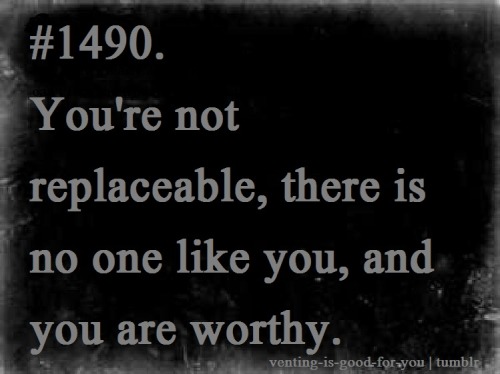Transitioning from email to collaboration platform is a difficult problem. Technology of deploying collaboration platform is easy. What is difficult is getting people off from email and have them start using collaboration platform to start realizing the benefits of shared virtual group page.
As I wrote earlier in my blog post, I have been thinking about this problem for a while. This week, I've decided to look into a simple module that would make this transition easier.
Minimal Viable Product is a simple one. As an email user and collaboration early adopter, I want to start posting emails with long To and CC list to an internal collaboration system. The system will keep track of single master copy of the email thread and recreate the thread by timestamp. That's it.
As I wrote earlier in my blog post, I have been thinking about this problem for a while. This week, I've decided to look into a simple module that would make this transition easier.
Minimal Viable Product is a simple one. As an email user and collaboration early adopter, I want to start posting emails with long To and CC list to an internal collaboration system. The system will keep track of single master copy of the email thread and recreate the thread by timestamp. That's it.

